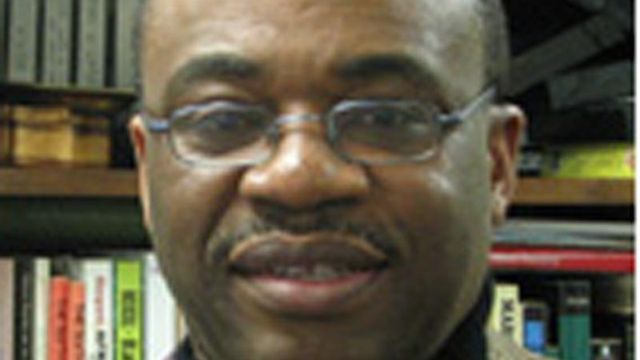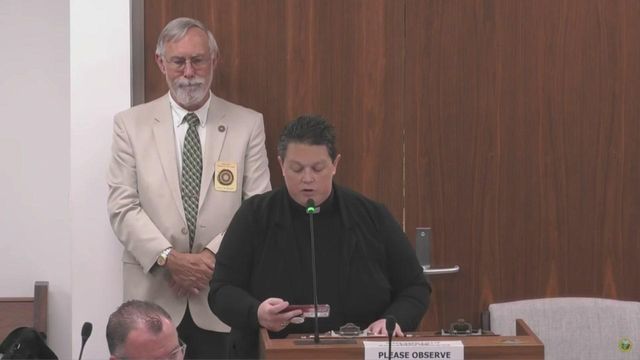UNC's academic reputation continues taking hits
Two years after allegations of academic misconduct involving the University of North Carolina at Chapel Hill football program surfaced, the school is still struggling to keep its academic reputation from being tarnished.
The UNC Board of Governors is scheduled to discuss this week a review of the African and Afro-American Studies program at UNC-Chapel Hill that found 54 classes had little or no indication of instruction and at least 10 cases of unauthorized grade changes for students who didn't do all the work.
Julius Nyang'oro resigned last August as chairman of the department amid the investigation into academic fraud involving Tar Heel football players. He will retire from the university effective July 1.
Chancellor Holden Thorp last week asked Nyang'oro to repay $12,000 for teaching a 2011 summer course as an independent study rather than a lecture.
"I think there is something about the whole process that resembles a political scandal in that there's a kind of drip, drip, drip of information," history professor Lloyd Kramer said Tuesday. "It seems like the whole story is out, and then some other development comes out."
Kramer said he worries about the perception that faculty members don't take their jobs seriously, which he said is far from true.
"A few egregious errors and mistakes in this situation are giving the impression that UNC faculty are not doing their job and that UNC students are given a free pass through the system," he said.
Wade Hargrove, chairman of the UNC-Chapel Hill Board of Trustees, said the university continues to investigate any academic irregularities and would hold people accountable.
“This is indeed a sad chapter in the life of the university. The challenge is to resolve the problem and make sure procedures are in place to prevent it from happening again,” Hargrove said.
UNC trustee Don Curtis called the situation with Nyang'oro's department "an embarrassment," but added that it appears to involve only one faculty member.
"I think the rest of the faculty and administration have reacted in a way to try their best to make sure this doesn’t happen again," Curtis said.
Trustees and members of the Board of Governors expressed confidence in Thorp's ability to handle the problem, and they said they hope that will end questions about the university's academic reputation.
"We all should be concerned about the impact the continuing issues and the coverage of those issues are having on the reputation of UNC-CH. For any person or institution, reputation is important and anything that tarnishes that reputation should be of concern," Board of Governors member Brad Wilson said.
Joe Templeton, former chairman of the Faculty Council at UNC-Chapel Hill, said he doesn't think people across the country are as focused on the fallout from internal and NCAA investigations of the school as people in North Carolina are.
"I think the reputation of UNC is intact," said Templeton, a professor of chemistry. "We've been here for a couple of hundred years. We've had ups and downs. So, I try to keep that big picture in mind as much as I can."
Faculty members said they appreciate the systematic way the administration has handled the issues, even if it seems frustrating to people looking for a quick solution.
"The investigation of this process needs to move forward quickly but exhaustively so that there are no stones left unturned," Kramer said.
"I think you have to be careful not to rush to judgment," Templeton said, adding that "it will be nice when the final chapter is closed.











